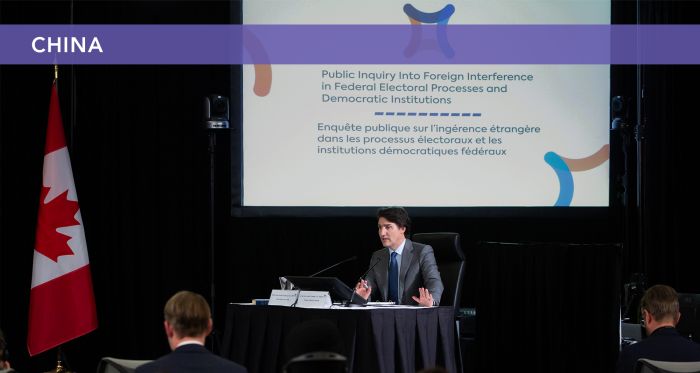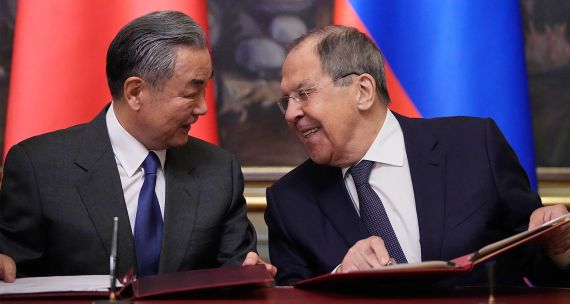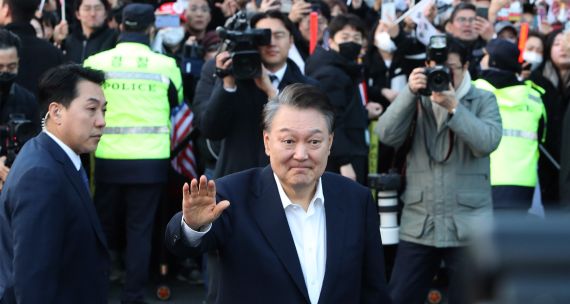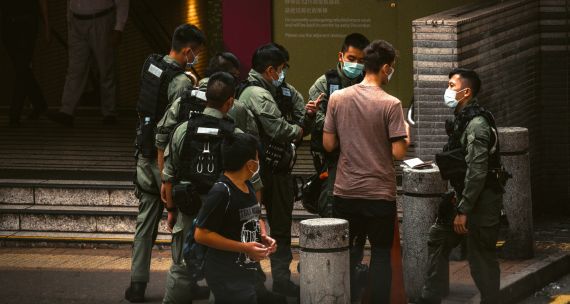The Takeaway
On May 3, 2024, Canada’s Public Inquiry into Foreign Interference in Federal Electoral Processes and Democratic Institutions released its initial report on alleged meddling by China and other foreign actors in Canada’s 2019 and 2021 federal elections. Commissioner Marie-Josée Hogue concluded that while the integrity of the two elections remained sound, foreign interference did occur, impacting a “small number of ridings” and leaving a “stain on our electoral process.” Hogue did not attempt to reconcile some of the contradictory testimony offered at the hearings but did stress that “vigorous measures” are needed to re-establish Canadians’ trust in democracy and enhance the government’s ability to detect and counter foreign interference. The commission will deliver its final report on December 31.
In Brief
- Following more than two weeks of public and in-camera hearings, the commission determined that the 2019 and 2021 federal elections were “administered with integrity” and that foreign interference did not impact which party formed government.
- While foreign actors may not have impacted the overall electoral outcomes, the commission found that they did undermine Canadians’ right to “an electoral ecosystem free from coercion or covert influence.”
- The commission also found that “the greatest harm” caused by foreign interference was the degree to which it succeeded in undermining public confidence in Canada’s democratic institutions.
- The commission’s report said foreign interference possibly impacted a “small number of ridings,” including Don Valley North and Steveston–Richmond East.
- In Don Valley North, a “safe” Liberal seat, Beijing may have swayed who was elected to Parliament by allegedly meddling in the 2019 Liberal Party nomination contest. Hogue deemed this a “significant” concern.
- In Steveston–Richmond East, a disinformation campaign likely –– but not “definitively” –– linked to Beijing sought to dissuade Chinese Canadians from voting for the Conservative candidate, who was painted by the disinformation campaign organizers as ‘anti-China.’ The commission determined that these false narratives could have contributed to the defeat of the Conservative candidate in that riding.
- Hogue did not provide a verdict on individual cases discussed during the hearings, nor did she attempt to reconcile “contradictory evidence” provided by various witnesses. She did, however, indicate that this is only a preliminary report and that these aspects may be dealt with in the commission’s final report.
Implications
China was singled out as the “main perpetrator” of foreign interference in Canada, an accusation its foreign ministry has strongly rejected. The report also briefly mentioned the alleged activities of India, including the provision of illicit funds to preferred candidates in the lead-up to Canada’s 2021 election, and concludes that there were no “shortcomings with respect to information flow or the [Canadian] government’s response to this issue.” Pakistan is similarly named as a possible perpetrator, whose main objective, the report notes, involves leveraging politicians and proxies against India and its interests.
Diaspora communities are “especially vulnerable” to foreign interference. While interference tactics varied –– spanning the “cultivation of long-lasting relationships ... financial support, bribery, blackmail, cyberattacks, disinformation campaigns [in foreign-language media], and the use of proxies” –– the commission found the most common way foreign governments coerce and manipulate members of Canadian diaspora communities is by threatening their family members living in their place of origin. These tactics are used to target dissidents, amplify state messages, control public opinion, sow discord, and dissuade participation in public life, according to the report.

The intelligence community needs to “say more” to key decision-makers. The report found that in some cases, information relating to foreign interference “did not reach its intended recipient” or “was not properly understood by those who received it.”Hogue observed discrepancies between how elected officials and intelligence officers in Canada understood the roles and responsibilities of certain actors, resulting in “only general information with few specifics” being discussed in briefings. This posed a “major impediment to information-sharing” and could have prevented officials from internalizing and acting on the information they received.
There are difficulties when deciding whether to inform the public of attempted foreign interference. Hogue highlighted the paradox of raising Canadians’ awareness about incidents at the cost of possibly “eroding public confidence in a system that remains fundamentally sound,” which is often the ultimate goal of states conducting foreign interference. For instance, according to the report, the non-partisan body of senior civil servants responsible for notifying the public of attempted foreign meddling –– known as the Panel of Five –– did not issue a warning about the disinformation campaign targeting Conservative Party candidates over fears of misattributing online activities to overseas state actors and causing discord and distrust among Canadians.
What’s Next:
1. Public hearings to resume in September
In the inquiry’s next phase, the commission is likely to offer recommendations to improve how intelligence and information are communicated to elected officials, political parties, the public, and diaspora communities; how Canadians can be informed about the dangers of foreign interference without losing trust in the electoral system; how and when the government should intervene in online misinformation and disinformation; and whether new rules need to be introduced regarding political party nomination contests.
2. Ottawa introduces bill to counter foreign interference
On May 6, separate from the commission’s report, the government introduced a long-anticipated bill that seeks to strengthen Canada’s ability to counter foreign interference. The bill includes amendments to the CSIS Act, amendments to the Security of Information Act, Criminal Code, and Canada Evidence Act, and the creation of a foreign-influence transparency registry. While these measures put Canada’s counter-foreign interference response on a closer level with its Five Eyes allies, concerns remain regarding whether the measures will be passed in time for the next federal election, which will take place on or before October 20, 2025.
• Edited by: Ted Fraser. Design: Chloe Fenemore.






